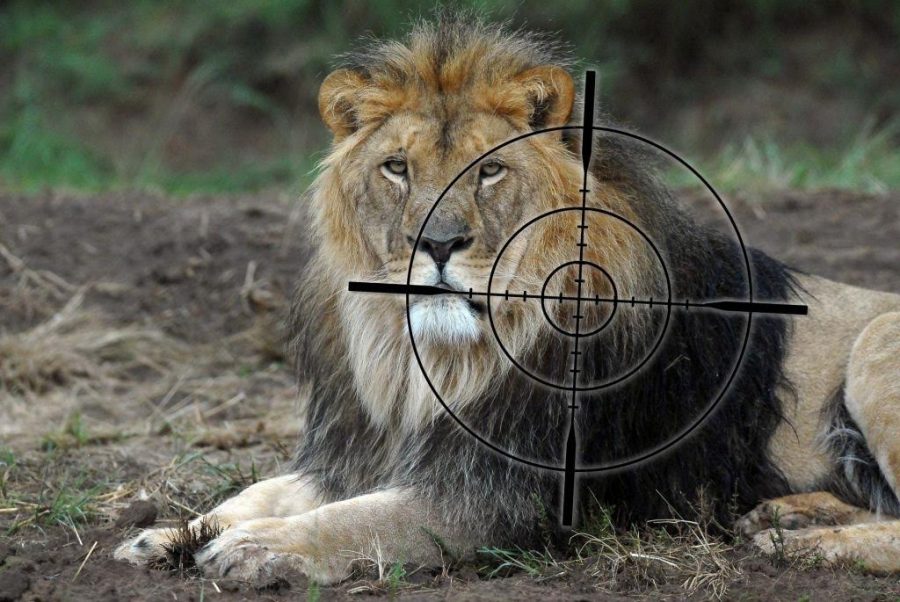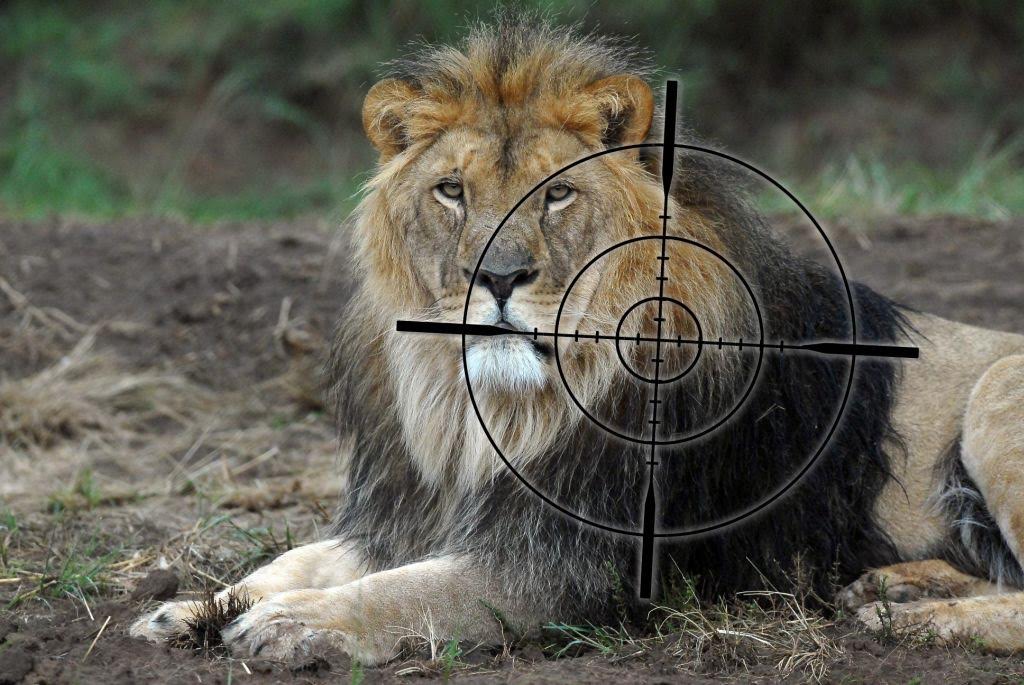
South Africans Argue For and Against UK Trophy Hunting Ban
As the deadline approaches for commentary to be submitted to the UK government on its proposed Trophy Hunting ban, South Africans on both sides of the argument have submitted their comments. Saai, an organisation that protects the interests of farmers – including game farmers – in South Africa, argues that there is value in legal […]

As the deadline approaches for commentary to be submitted to the UK government on its proposed Trophy Hunting ban, South Africans on both sides of the argument have submitted their comments.

Saai, an organisation that protects the interests of farmers – including game farmers – in South Africa, argues that there is value in legal trophy hunting, and that it has helped in the recovery of threatened species. Ross Harvey, a South African environmental economist, says there is no place for trophy hunting and that it perpetuates a “colonial and apartheid-era master-slave dynamic”.
The call for expert evidence and consultation on trophy hunting was announced by Zac Goldsmith, UK International Environment Minister. The deadline for commentary is tomorrow, 25 January 2020.
The proposal to ban the import and export of hunting trophies to and from the UK has arisen from concerns over the overexploitation and inappropriately managed hunting activity. These fuel species extinction and biodiversity loss, according to the UK Department for Environment, Food and Rural Affairs (Defra).
However Francois Rossouw, CEO of Saai, disagrees. He says: “The legal and sustainable use of wildlife, as well as the legal trade in hunting trophies has contributed greatly to the recovery of dwindling species populations – and even saved animals like the bontebok and the roan and sable antelopes from extinction.”
Saai claims the wildlife ranching sector not only contributes to the conservation of wildlife, but also makes a considerable contribution to the economy through tourism and the job opportunities that it creates.

“We are aware that South Africa is being used in this debate as a prime example to lobby against trophy hunting,” Rossouw said in a statement on Friday morning.
“The facts and research used against our wildlife ranching industry are poor and we believe that the wildlife farmers and their representatives should be given the opportunity to state their side of the argument before a decision is made.”
Saai has requested a meeting with Defra to make presentations on the wildlife ranching sector in South Africa.
This week Ross Harvey – a South African environmental economist – submitted arguments in support of the ban.
In a report, seen by the UK’s Independent newspaper, Harvey said on Wednesday that trophy hunting “perpetuates a colonial and apartheid-era master-slave dynamic” as it mostly benefits rich white farmers while exploiting black workers with “pitiful wages”.
Harvey’s report includes input from 40 experts and academic research articles.
Harvey says other types of tourism would create 11 times as many jobs, and that the land currently used for hunting could provide 193,000 jobs instead of only 17,000. (Also read Ross Harvey’s article: There is no place for trophy hunting in the sixth extinction.

According to The Independent, SA safari companies are promoting shooting holidays to UK tourists, allowing them to kill captive-bred lions in fenced areas (in part of what Blood Lions exposed as a ‘canned lion’ industry).
In the Independent article, by South African investigative reporter Jane Dalton, she says official figures show that the number of British hunters returning with parts from farmed lions “more than doubled” in the three years after the death of Cecil (the Zimbabwean lion, killed by an American dentist) which made world headlines.
